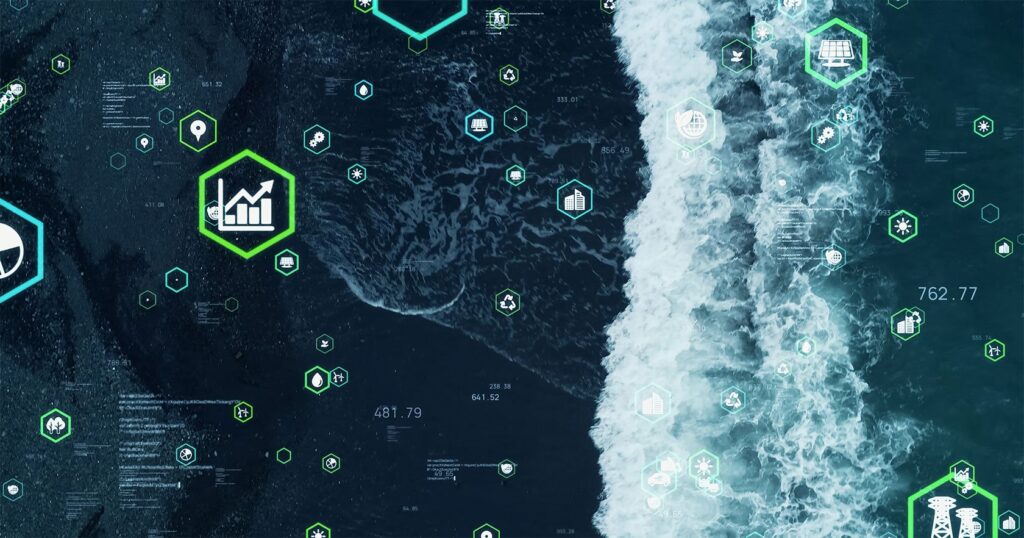
As global marine biodiversity faces escalating threats from climate change, pollution, and overfishing, a crucial new study offers insights into how to enhance the monitoring of ocean ecosystems in the Asia-Pacific region (APR). An international team of researchers has published a comprehensive perspective on integrating various scientific disciplines to address these pressing challenges, with findings released in the journal Frontiers in Marine Science on October 23, 2025.
The Asia-Pacific region is renowned for its rich marine biodiversity, yet monitoring and protection efforts often remain fragmented across national boundaries. The researchers emphasize the importance of developing shared frameworks for ecosystem monitoring to strengthen collaboration among countries. They highlight a significant shortfall in current marine science practices, where valuable data collected by numerous nations is often siloed and underutilized.
According to Hanani Adiwira, the study’s first author and a representative of the Advanced Institute for Marine Ecosystem Change (WPI-AIMEC), promoting data transparency is essential. “The best way for us to understand more about the APR oceans—ecosystem change, species adaptation, and climate resilience—is by promoting data transparency,” Adiwira stated. “Without coordinated, high-quality data sharing, it becomes difficult to detect patterns, anticipate shifts, and prevent further irreversible damage to marine ecosystems.”
Key Findings and Collaborative Efforts
The research serves as a comprehensive review of existing literature on marine ecosystems in the APR. It underscores how established international data-sharing initiatives, such as Argo and ANEMONE, can provide a foundation for creating a cohesive data-sharing system within the region. The authors argue that coordinated and transparent efforts could lead to innovations that individual countries could not achieve alone.
The findings were informed by insights gathered during a workshop co-hosted at Tohoku University. Researchers from diverse disciplines across the APR collaborated to discuss strategies for implementing an effective data-sharing network. This initiative aligns with WPI-AIMEC’s goal of fostering international and interdisciplinary collaboration among marine scientists.
Significance for Marine Conservation
The marine ecosystems of the Asia-Pacific region are critical to the livelihoods, economies, and cultural practices of millions of people. Thus, their conservation is an urgent priority. By improving how ocean data is collected and shared, this research aims to ensure that scientific knowledge is utilized effectively to protect these vital resources.
Adiwira further emphasized the region’s complexity, stating, “The APR is a complex region, so we cannot simply generalize data from other areas. Our research pointed out key challenges unique to the APR and how we can try to tackle them together.”
The collaborative approach advocated by this study promises to enhance the understanding of marine environments and ecosystems, making strides toward a more sustainable future for the Asia-Pacific’s rich marine biodiversity. The emphasis on unity and transparency in data management is a significant step in protecting one of the planet’s most crucial and vulnerable resources—the ocean.






